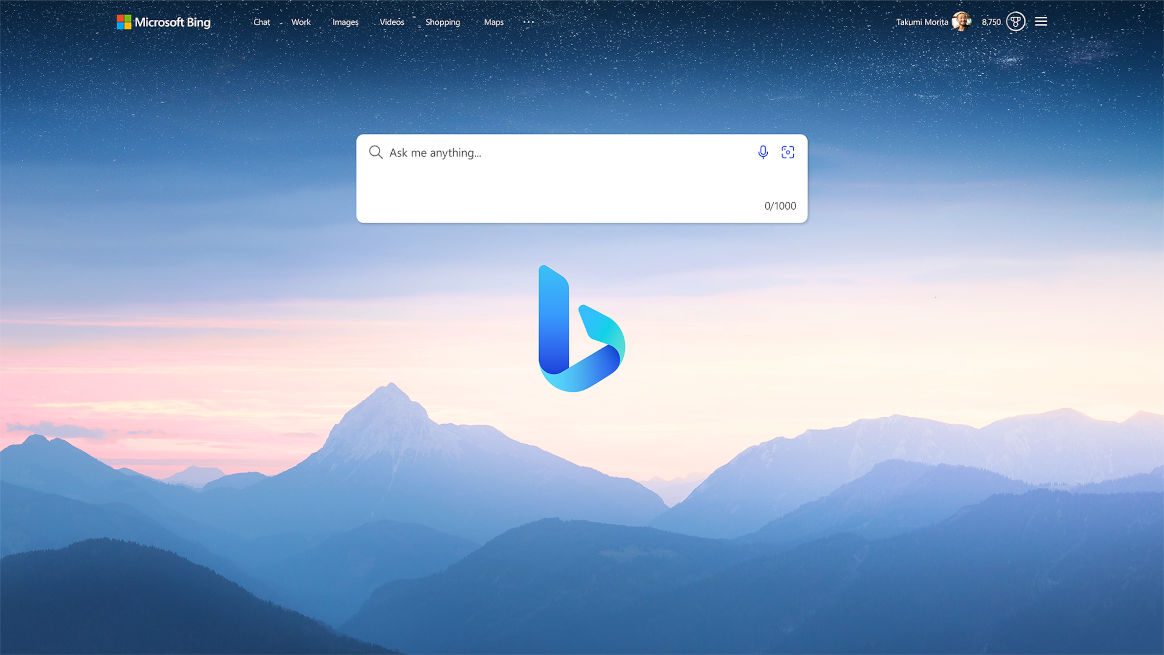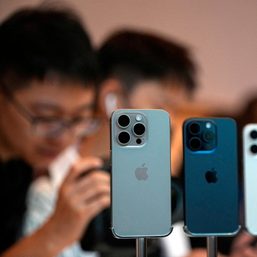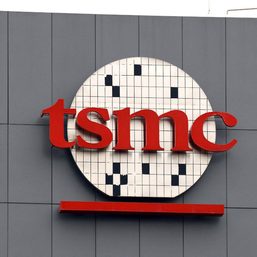SUMMARY
This is AI generated summarization, which may have errors. For context, always refer to the full article.

MANILA, Philippines – The New York Times on Sunday, April 16, reported that Google employees have learned electronics giant Samsung is considering replacing Google Search with Microsoft’s ChatGPT-powered Bing on its devices.
The newspaper reviewed internal messages at Google, describing the reaction as “panic,” with Google’s Samsung contract pertaining to the use of Search as the default on Samsung devices to be worth $3 billion.
The Times clarified that while it wasn’t clear whether Microsoft’s work with AI was the reason why Samsung would be considering the change after the last 12 years, it was what the employees had assumed. The contract is currently under negotiation, and Samsung may very well decide to stick with Google after all.
Samsung has the second biggest market share worldwide for phones shipped, according to Q4 2022 numbers by Counterpoint Research, with Apple being first at 23%.
ChatGPT’s effect on Google
Microsoft Bing had not been a significant threat to Google historically, but the addition of ChatGPT to it has made it one of the most talked about products from the Redmond company in recent years. ChatGPT is made by OpenAI, which is backed by Microsoft.
ChatGPT, launched in November 2022, was followed months after by Google’s own chatbot Bard, which has not made the same impact as the former. The November 2022 launch of ChatGPT triggered a “Code Red” at Google, with the company pouring more effort into its AI push.
AI has long been a research field at Google, with prototypes for self-driving technology, and its own large language models such as LaMDA, which made headlines a few months before ChatGPT’s launch, with one employee claiming it to be sentient. ChatGPT’s rise has caused Google to put more focus on ChatGPT-like products, as OpenAI’s tech threatens its biggest moneymaker, search.
Google has historically been deliberate in its development of chatbots, as they have been prone to making mistakes, but given the pressure exerted by the new competitor, the directive may have changed a little at the Mountain View firm.
Google’s AI search project, ‘Project Magi‘
The New York Times discussed some of the possible new changes coming to Google’s Search product, as well as an entirely new AI-powered search engine. Here’s a rundown:
- The efforts are under what is called Project Magi, which the Times said would offers users a “far more personalized experience.”
- There’s no clear timetable yet for its release but a limited public release may be available by May 2023. It will be released in the US exclusively to one million people at first, and then to about 30 million by the end of the year.
- It will be more conversational, like chatting with a real person, the Times said.
- There are 160 people working on it. New features will be added first to the existing search engine before a new search engine will be released.
- It will still be ad-supported.
- It can write code.
- Other ideas include GIFI, which will let users generate images in Google Image results, and Searchalong, a chatbot that would be constantly present while the user browses the web.
The Times also reported that Google also has a similar contract with Apple that is up for renewal this year. – Rappler.com
Add a comment
How does this make you feel?




![[Rappler Investigates] Dangers of TikTok](https://www.rappler.com/tachyon/2024/04/dangers-tiktok-april-18-2024.jpg?resize=257%2C257&crop=309px%2C0px%2C1080px%2C1080px)
There are no comments yet. Add your comment to start the conversation.